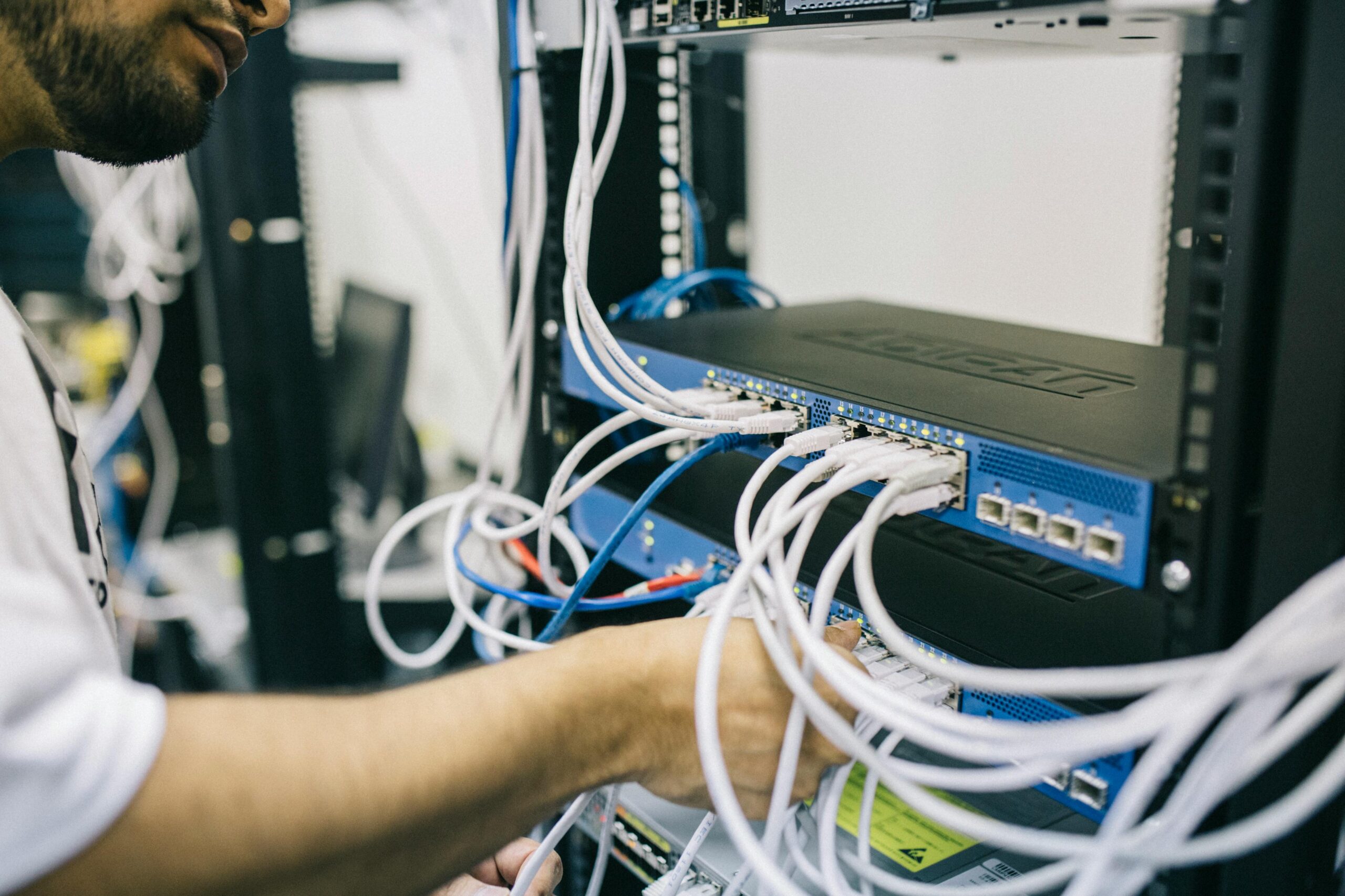The rise of the industry represents 4.0 turning points for companies. It mixes artificial intelligence (AI), the Internet of Things (IOT), and data science to convert operations and company growth. These technologies allow companies to make more intelligent and faster decisions and create effective operations.
However, as the workplaces embrace the models and the interconnected systems, the insurance of sensitive data becomes difficult. Success depends on adopting these tools successfully and using them responsibly to achieve a balance between innovation and security. Fortunately, innovation gives innovation, and many other tools have arisen to face the increasing threat of electronic attacks.
Industry basis 4.0: artificial intelligence, Internet of Things, and large data
The leading developments in artificial intelligence, the Internet of Things and the big data helped to lead Industry development 4.0The latest industrial revolution that merges digital and physical systems to revolutionize commercial operations. Merging smart automation, interconnected devices and data -based visions. Industry 4.0 assists institutions to perform more clear and effective operations and respond to customer requirements with unparalleled accuracy.
Artificial intelligence adds intelligence to the systems by analyzing patterns, procedure predictions, and improving operations. For example, automatic learning algorithms can predict demand, reduce waste and ensure smoothly supply chains. The robots that work in the IQ of artificial intelligence adapt to enhance the speed of production and accuracy in manufacturing.
The Internet of Things connects devices, machines and systems to create a network that collects and shares data continuously. Think about it as a smart thermostat in your home learns your schedule, adjusts the temperature automatically, and even sends alerts to your phone if there is something. In the preparation of business, this same concept applies to the factory floors, where the sensors are monitored, detecting problems before causing disruption, improving energy use, all without human intervention. Retail dealers benefit from the Internet of Things by tracking stock levels and simplifying logistics services, ensuring that products reach customers faster.
The huge data is necessary to organize and analyze huge amounts of information. Companies can use the data they collect through multiple contact points to detect trends, expect customer needs and customize experiences. Health care is a major industry that uses large data to predict patient results and improve care.
Data safety in a remote work environment
Enter the shift to work and hybrid new challenges to secure business data. Employees are now reaching the company’s systems from various sites and devices, creating weaknesses that were not present in traditional offices. Risks like human error in sharing sensitive information, weak passwords, hunting attacks, and a lack of safe backup are great fears. In addition, protecting the end point is very important, as devices outside a network that are controlled are more vulnerable to violations.
However, companies can process these risks while maintaining access to data for their difference. Below are practical steps for Protect business data In the remote work environment:
- Create automatic backup systems: To prevent data loss from electronic attacks or human error, sensitive data must be copied regularly to secure encrypted sites.
- Publishing the end point protection solutions: Use programs that monitor and defend devices that reach the company’s systems, and determine threats before they are escalating.
- Restriction on roles: To reduce exposure, reduce access to sensitive information for those who only need it to work.
Artificial intelligence embraces the competitive advantage in small companies
There are many concerns about the artificial intelligence of small companies. Artificial intelligence tools intensify frequent tasks and allow employees to focus on more strategic work. For example, Chatbots that work artificial intelligence answers customer questions around the clock throughout the week. Doing this provides customers with a quick answer to their questions while editing employees for the tasks of supporting the most complex customers. Predictive analyzes of data and digging are useful for waste control and increased efficiency. Setting these advanced tools in the field of play by granting companies from any volume access to pre -accessible capabilities, and institutional.
For defects, data privacy can be a concern for artificial intelligence systems, as it often requires access to customer information and sensitive works. Mismanage of this data and misuse of this data can get data in wrong hands and violate customer confidence. The workforce’s removal is also a possible problem, because automation may reduce the need for some roles.
To integrate artificial intelligence responsibly, small companies must start with clear goals. Evaluating the tasks that Amnesty International can improve without disrupting basic operations and jobs. Giving priority to tools that enhance productivity while protecting data through strong encryption and compliance with privacy laws. Involving employees in this process, and providing training to help them adapt to new technologies. By carefully applying artificial intelligence, small companies can get a competitive advantage while maintaining security and supporting the growth of their teams.
Maintaining competition and safe in the Industry era 4.0
For prosperity in industry 4.0, companies must adopt data safety practices, Internet of Things and strong data safety practices. The studied integration of these technologies leads to innovation while protecting critical assets and enabling the ability to adapt and sustainable growth. When using them responsibly, these tools open the doors for new opportunities and help secure long -term success.


